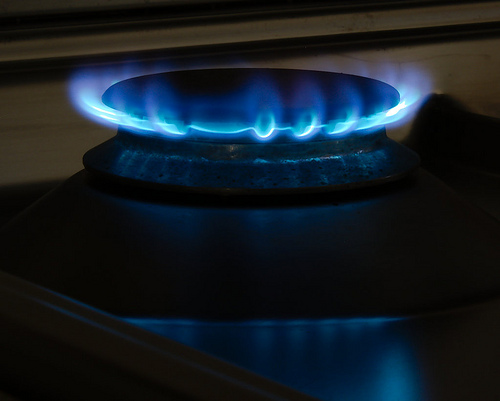<p>The most efficient way to lower your monthly utility bills and to make sure that you’re getting the most for your hard-earned money is to accurately perform a gas price comparison before you settle on any one supplier. Doing so will not only allow you to see the “bigger picture” and find out a rough price range for how much you can expect to pay, but it will also allow you to use trends and updated information to accurately gauge if one supplier is charging a dramatically larger amount of money than the rest.<br />
Performing that comparison, however always requires you to keep a few very important things in mind to make sure you walk away with the most accurate possible idea of what you can expect.<br />
The first thing that you’re going to want to consider is the state of the market as a whole. Understanding the types of things that make the price of gas increase and decrease on a daily basis will go a long way towards making sure that your research is as accurate as possible. An unfortunately large number of things can affect the price of gas across the country and even the world.<br />
There are certain types of events, like natural disasters, that make it difficult for suppliers to get their collective hands on the supplies necessary to create gas in the first place. Gas prices across the world also have a tendency to rise during a time of war, for example. If gas prices seem unexpectedly high during your research, always look to current events to see if you can find an answer.<br />
The good news is that these types of events tend to leave as quickly as they arrive. When the event itself has passed, gas prices will typically fall back down to their normal levels.<br />
Another thing that you need to consider when comparing information from a variety of suppliers is exactly how you plan on using your gas in the first place. Gas that is designed for the consumption of private home users, for example, will often be priced differently from gas supplies that are destined for use with businesses. As such, most suppliers separate information into these two categories on their websites and in official documentation.<br />
Always make sure that you’re checking the right area when conducting research on a particular provider. If you are using a supplier’s website to research current prices and find a number that is either too high or too low, make sure that you aren’t looking at the incorrect block of data.<br />
When you use websites or even comparison services, there are two main numbers that you’re going to want to be concerned with. The first number refers to the average annual cost of any particular gas tariff. Though certain conditions may cause the overall price to rise or fall on a monthly basis, the annual average cost represents an educated estimate about what you can expect to pay on a yearly basis.<br />
The second number that you’re going to want to be concerned with is the average annual savings. When all terms and conditions of any particular plan are considered and all signing bonuses have been deducted, the average annual savings represents an estimation of the amount of money you can potentially save over “standard” gas prices. It is important to note that the number is not necessarily indicative of what you can expect to save when compared to competing suppliers, however.<br />
The number merely represents what you can potentially save when you consider only the cost of gas at that particular moment in time.<br />
You are also going to want to pay close attention to the types of tariffs that are in use by any particular provider. Different suppliers will offer fixed and variable rates depending on the terms and conditions of any particular plan. If a tariff is fixed, you will be able to check to see any available expiration date that may apply. Oftentimes tariffs are fixed for a period of one or more years depending on the supplier.<br />
Though performing your own gas price comparison at home can definitely be time consuming and will likely be frustrating at times, it is important to remember that the effort will more than pay for itself in the long run. It is easy to look at the price of one supplier with an estimated total savings and assume that you’ve just stumbled across the cheapest price for your energy needs. Only by understanding exactly what affects those numbers and what those terms mean, however, will you make sure that you aren’t paying any more than you need to.</p>
<h5>Featured images:</h5>
<p><span class="license">License: Creative Commons</span><br />
<span class="source">image source</span><br />
Laura Ginn knows that if you were to do a price comparison of the different energy suppliers without using a comparison website it would be a very time consuming exercise, which is why when it comes to gas price comparison you should go online and run a comparison before you switch energy supplier with uSwitch.com.</p>

How To Find The Best Gas Prices – Gas Price Comparison
